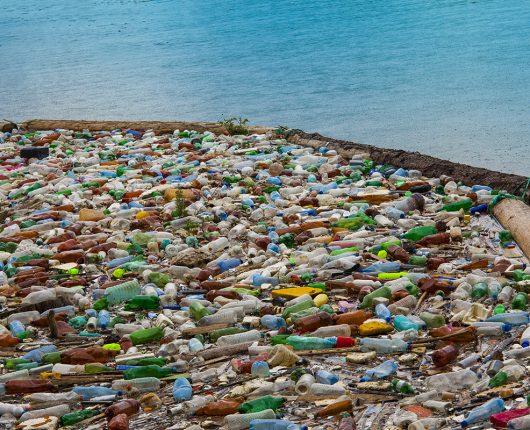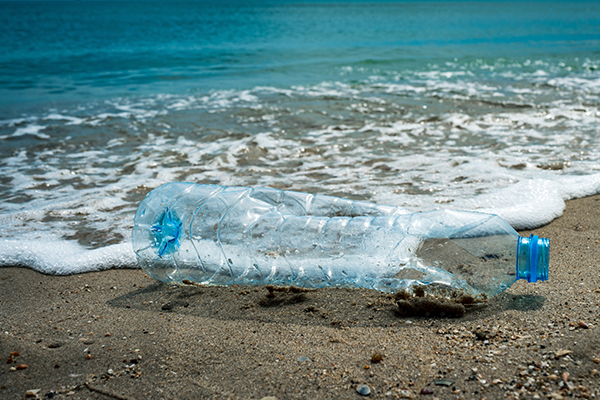In a world increasingly aware of the devastating impacts of pollution and climate change on our oceans, a fascinating hope emerges. Discover how a small but powerful marine fungus, Parengyodontium album, could hold the key to combating the proliferation of plastic, especially polyethylene, which threatens marine life and the health of our seas.
What is polyethylene and how does it affect the environment?
Polyethylene, a widely used plastic, is divided into HDPE and LDPE, with applications ranging from packaging to laminates and cables. These plastics, while useful, are wreaking havoc on our oceans due to their slow degradation and massive accumulation.
Impact of Plastic Pollution on Marine Ecosystems
With 34.8% of the global market in 2019, polyethylene has contributed to the formation of large debris islands in our oceans, severely affecting wildlife and drinking water quality. Microplastics, derived from the fragmentation of these larger plastics, are consumed by fish and other marine organisms, thus entering the food chain and potentially threatening human health.
Parengyodontium album: hope for environmental restoration
The discovery of the fungus Parengyodontium album has raised significant hopes in the fight against plastic pollution. This marine microorganism has the unique ability to break down polyethylene, converting it into carbon dioxide and offering a natural solution to clean up our seas. In addition to Parengyodontium album, other marine microorganisms with similar abilities have been identified, suggesting even greater potential for biodegradation of plastics in diverse ocean environments.

Challenges and future research
Although promising, Parengyodontium album can only degrade plastics at the surface and exposed to sunlight. This highlights the urgent need for further research to address plastic pollution in all ocean depths and locations. In addition, there is a need to explore how these microorganisms could be effectively cultured and utilized on an industrial scale, as well as to better understand the potential side effects of their application in the marine ecosystem.
Conclusions on Parengyodontium album
The discovery of Parengyodontium album represents a significant step towards restoring ocean health in the face of the growing threat of plastic. Furthermore, as we move towards sustainable solutions, it is crucial to support research and innovation in marine biotechnology. In this way, we help mitigate the adverse effects of plastic on our oceans and ensure a cleaner, healthier future for generations to come.
Study with us
By discovering the potential of the fungus Parengyodontium album to degrade polyethylene and clean up our oceans, a window of opportunity opens for those interested in making a real environmental difference. Our Master of Environmental Management and Audits program is designed to equip students with critical skills in environmental impact assessment, natural resource management and sustainable policy development. Explore how our master’s degree can be the first step toward a meaningful career here.
Sources:
This marine fungus could be the perfect weapon against plastic overload

